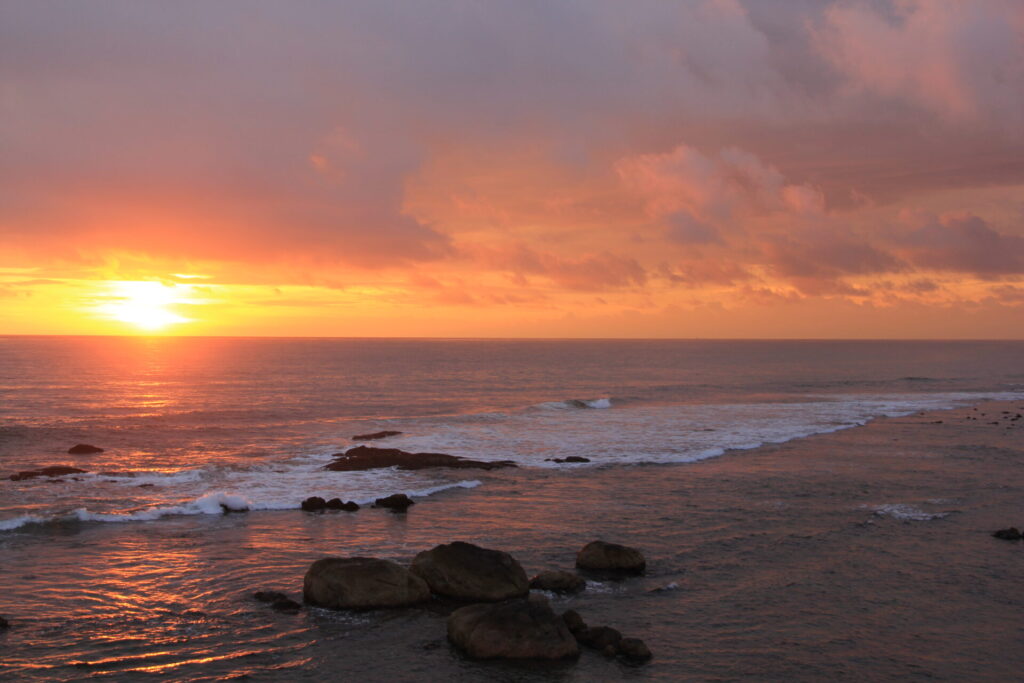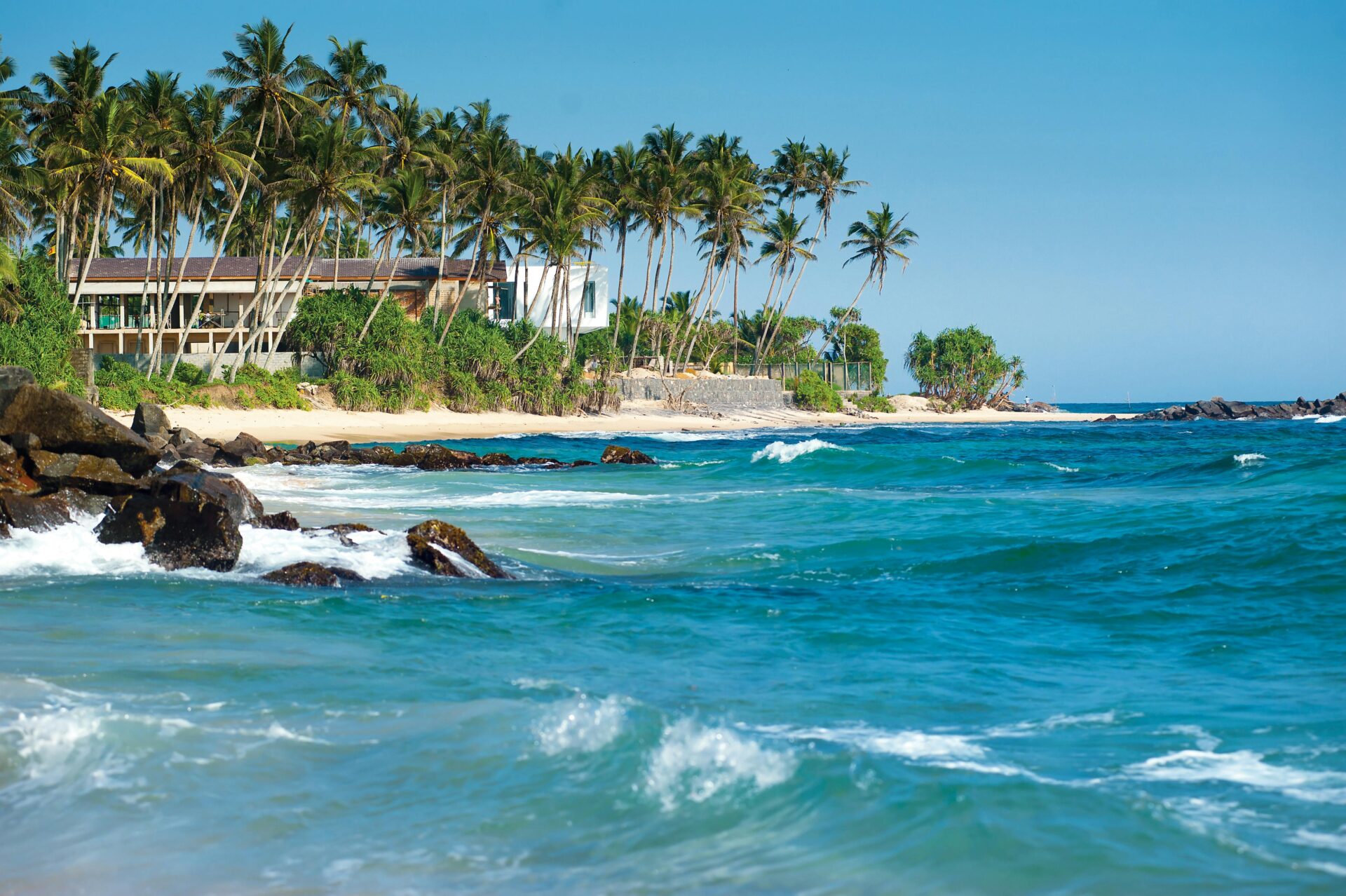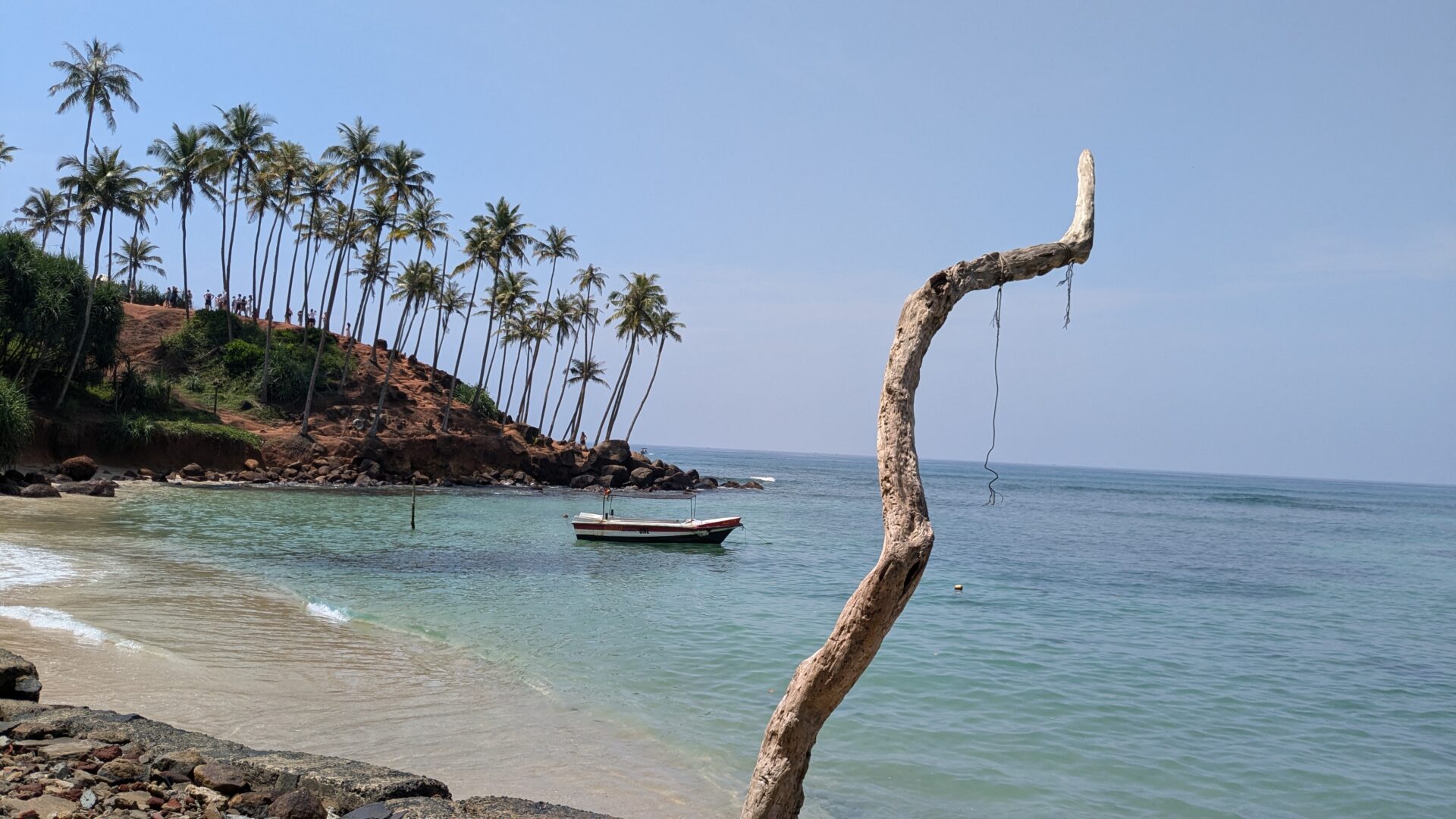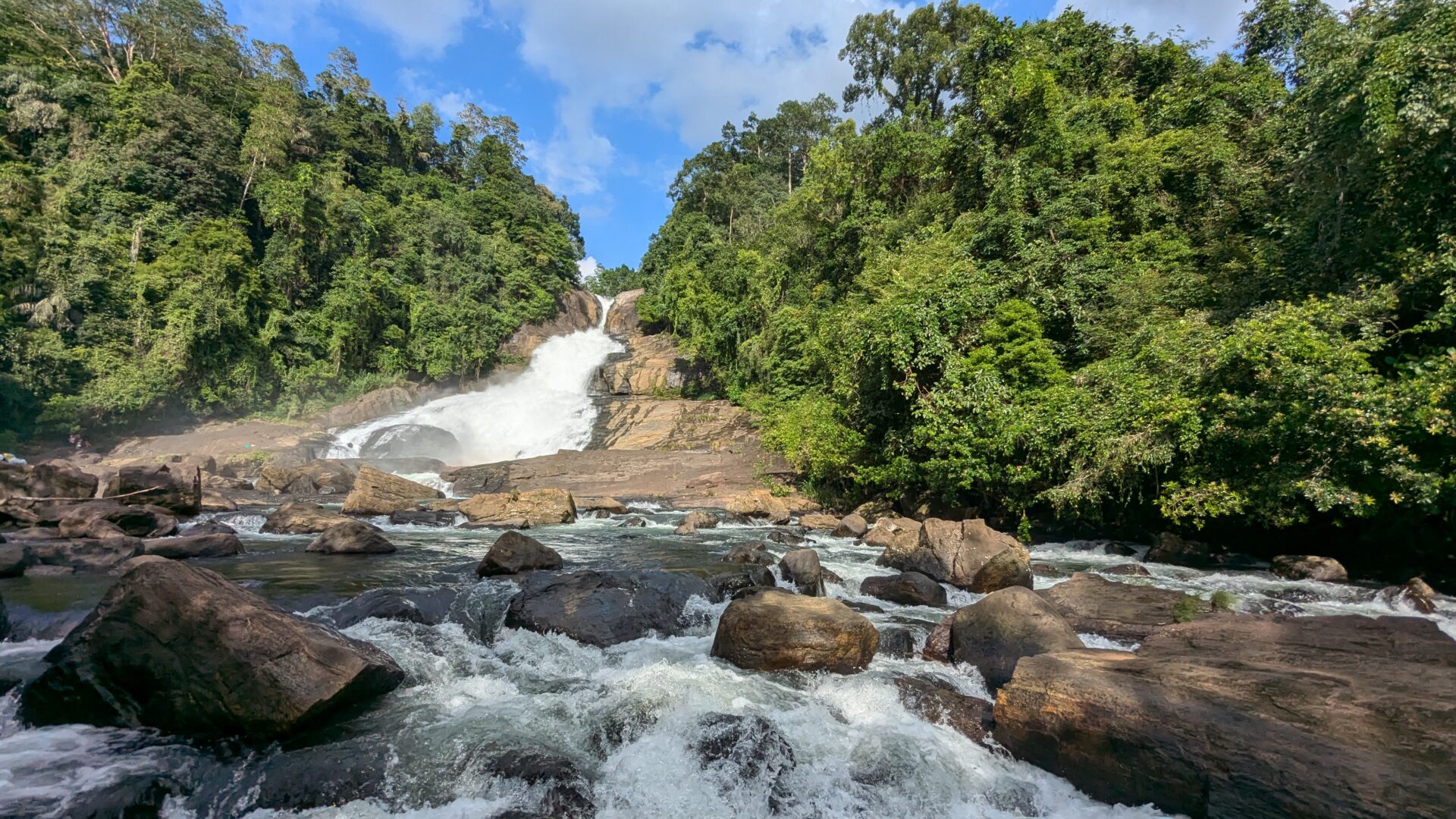Sri Lanka, with its stunning beaches, tropical climate, and vibrant culture, is a dream destination for travellers. One of the main draws of visiting this beautiful island is its diverse coastal areas, which offer everything from serene retreats to vibrant nightlife. Whether you're seeking the perfect surf spot, tranquil sunsets, or a cultural exploration along the shore. Sri Lanka’s weather can be a bit tricky because of two monsoon seasons that affect different parts of the island at different times. But don’t worry this guide will walk you through what the weather’s like on Sri Lanka’s coasts every month, so you can pick the best time for your solo adventure.
Sri Lanka’s Climate in a Nutshell
Sri Lanka is a tropical island, which means it’s warm all year long, with temperatures hovering between 25°C (77°F) and 33°C (91°F). The island has two monsoon seasons: the Southwest Monsoon (from May to September) and the Northeast Monsoon (from December to February). Depending on the time of year, different coasts can either be sunny or rainy.
Sri Lanka is a tropical island, which means it’s warm all year long, with temperatures hovering between 25°C (77°F) and 30°C (86°F). The island has two monsoon seasons: the Southwest Monsoon (from May to September) and the Northeast Monsoon (from December to February). Depending on the time of year, different coasts can either be sunny or rainy.
January to February: Best for the West and South Coasts
January and February are best months to visit Sri Lanka, especially if you’re heading to the southern and western beaches. The weather is sunny, with lower humidity and cooler temperatures compared to the rest of the year. Perfect for long beach days
Where to Visit:
- Galle: A beautiful colonial city with a laid-back vibe and gorgeous beaches.
- Mirissa: Ideal for whale watching, with calm seas and sunny skies.
- Bentota: Great for water sports like jet skiing or just relaxing on the beach.
- Negombo: A quieter beach town near the airport, perfect for a more relaxed start to your journey.
- Kalpitiya: Best for kayaking, windsurfing and dolphin watching
Tip: January is peak tourist season, so you’ll find more crowds at popular spots. But the weather makes it totally worth it!
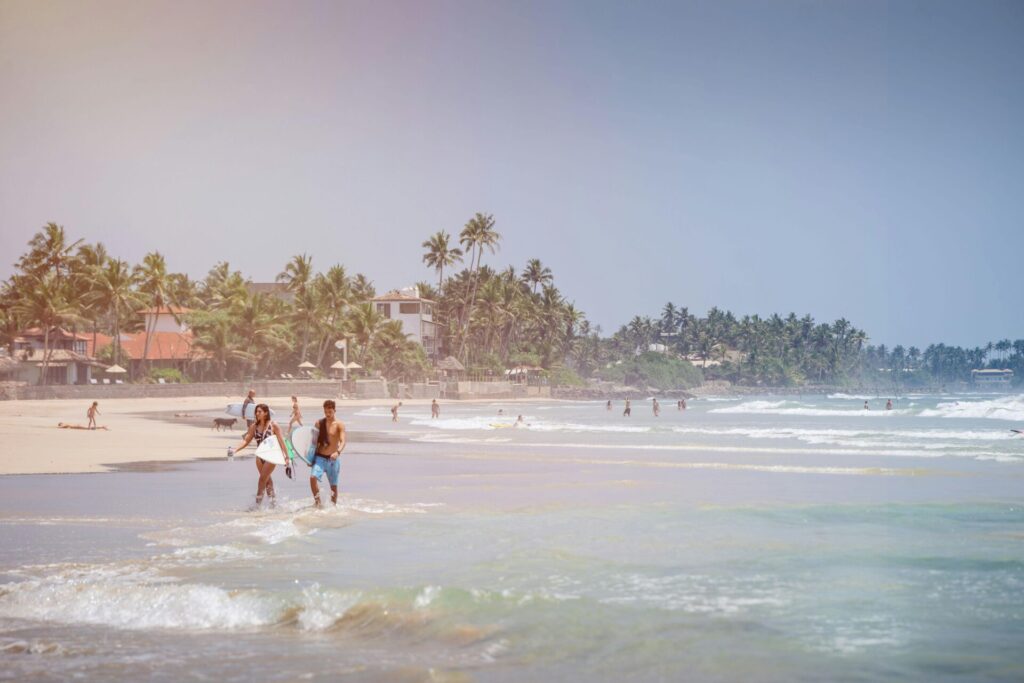
March: Great for All Coasts
By March, the island is generally dry, with sunny weather everywhere. This is one of the best months to visit both the west and the east coasts, making it a perfect time to explore different parts of Sri Lanka.
Where to Visit:
- Koggala: A quieter, less-touristy spot with beautiful beaches.
- South Coast (Yala National Park): Enjoy wildlife safaris and sunny days on the beach.
- Trincomalee (East Coast): The weather is great here too, with clear skies and calm seas.
Tip: March is ideal for travelers who want the flexibility to explore both coasts without worrying too much about rain.
April: The Start of the Shoulder Season
April is hot, with temperatures reaching around 30°C (86°F), but the weather is still great for beach activities. The west and south coasts remain dry, while the east coast starts to see more sun, making it a good time to check out both areas.
Where to Visit:
- Mirissa and Galle: Still sunny and perfect for a relaxed beach holiday.
- Trincomalee: The east coast is already drying up, so it's an excellent time to visit.
Tip: April is your best chance to enjoy the quieter beach spots because the season is coming to and end there are less tourists

May to September: Monsoon on the West and South Coasts; East Coast Paradise
From May onwards, the southwest monsoon brings rain to the western and southern coasts, so those areas may not be the best for beach days. However, the east coast (Trincomalee, Passikudah, Arugam Bay) stays sunny and dry — perfect for a solo traveler looking for a peaceful beach escape.
Where to Visit:
- East Coast (Trincomalee, Passikudah, Arugam Bay): These areas are your go-to spots for beautiful beaches, surf-friendly spots, and relaxed vibes.
- Arugam Bay: If you love surfing, Arugam Bay is world-renowned, and it’s less crowded than other popular surf destinations.
Tip: Don’t let the rain stop you from visiting! Head to the east coast, where you’ll find sun, surf, and solitude.
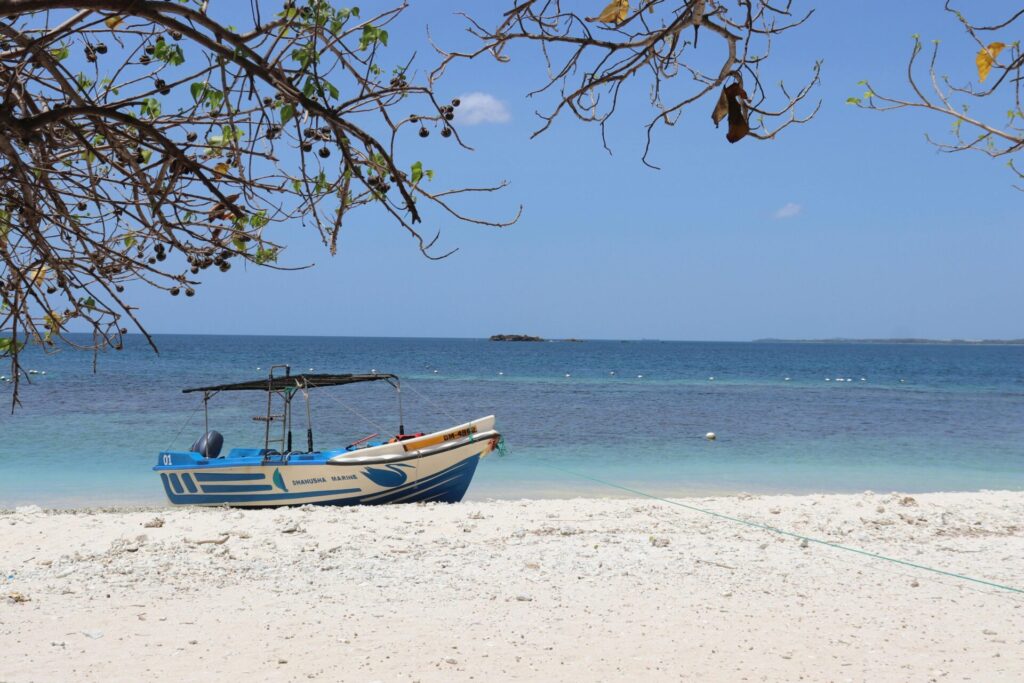
October: Transition Month
October is a bit unpredictable. The southwest monsoon is winding down, while the northeast monsoon starts affecting the east coast. There might be occasional rain, but the weather is still fairly pleasant, especially on the south and west coasts.
Where to Visit:
- Southwest Coast (Galle, Mirissa, Bentota): These places may get a bit of rain, but you can still enjoy some sunny days.
- East Coast (Trincomalee, Arugam Bay): Expect some rain, but you can still catch a break in between showers.
Tip: It’s a good time to visit inland areas like Kandy and Nuwara Eliya if you want to escape the heat and explore cooler, hill-country landscapes.
November to December: Best for the West and South Coasts
By November, the southwest monsoon has mostly passed, making the west and south coasts a fantastic option. The weather is warm and sunny, perfect for beach activities and exploring coastal towns. However, the east coast might still be wet, so it’s best to avoid it during these months.
Where to Visit:
- Southwest Coast (Colombo, Bentota, Unawatuna): These areas are sunny and perfect for a beach holiday.
- Galle: Enjoy the history of the old fort and the beautiful beaches, all while soaking up the sunshine.
Tip: The weather is great for outdoor activities like hiking, diving, and surfing. Plus, the crowds start to thin out a bit as you move into the quieter holiday season.
